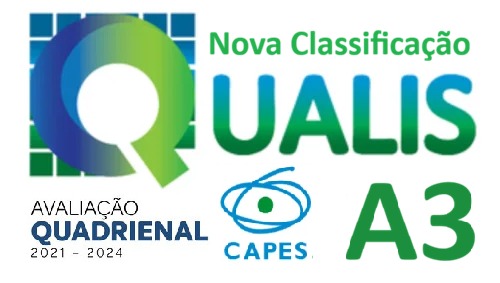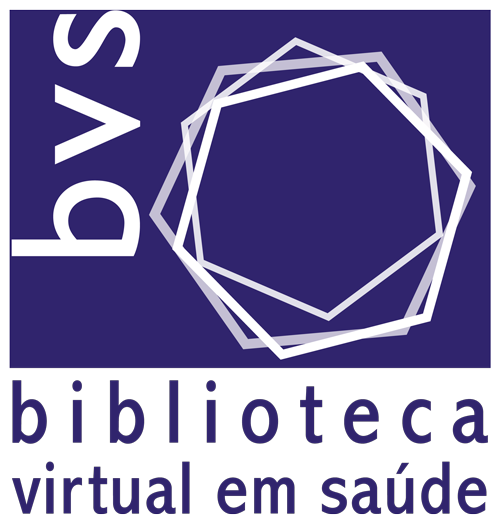New article published: V. 13 n. 3 (2025)
Effective social participation in radiation protection: a necessary approach to indoor radon programs in Brazil
Effective social involvement in nuclear science and radiation protection remains a challenge, particularly in managing natural radiation exposure, such as radon gas – the largest contributor to human exposure from natural sources. This paper addresses the first Brazilian attempt to actively engage the public in a 6-month indoor radon monitoring campaign in Poços de Caldas, a region with high natural radioactivity. The study aimed to raise awareness and foster voluntary participation through a communication campaign, incorporating educational content, strategic messaging, and both virtual and in-person engagement. Despite a modest voluntary participation rate of 17%, the study found strong commitment among participants and demonstrated the effectiveness of local partnerships, digital tools, and community-driven efforts. The findings underscore the importance of tailored communication strategies and collaborative engagement to overcome barriers in public health initiatives, suggesting a need for culturally appropriate approaches to radon risk management in Brazil. Future work should focus on refining engagement strategies and assessing long-term impacts to ensure sustainable public participation in radon exposure control. Read full article.



























